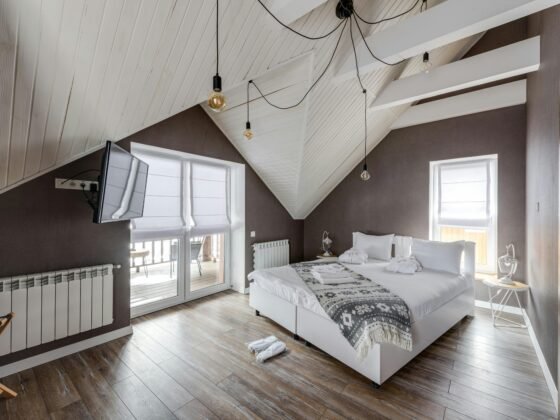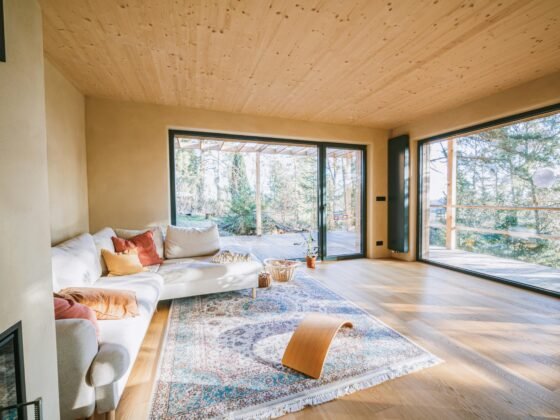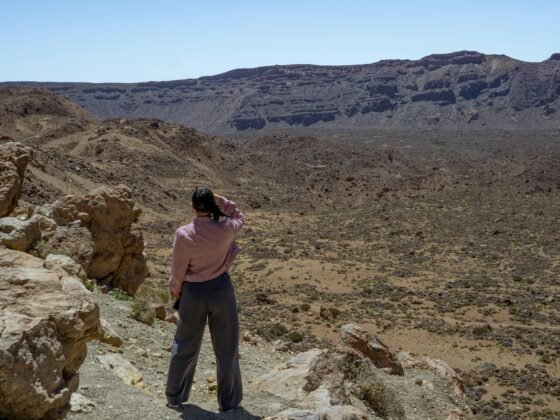The process of purchasing an island is similar to that of buying a house, only there is a lot more to lose if things go wrong. To ensure that you’re doing your due diligence before making the investment, we’ve compiled this list of considerations before you put pen to paper.
Before You Look
1. Location, location, location
Decide which climate you would prefer: tropical, Mediterranean, or temperate. Tropical islands are those between the tropics of the Capricorn and Cancer. They have great weather year-round, but are high susceptible to natural disasters. Mediterranean islands have high temperatures and moderate rainfall. Temperate islands are those in colder regions, such as Scotland, Canada or in Scandinavian countries.
You will have to weigh the climate against the topography. Would you prefer a flat, tropical island with 360 degrees of beach? Then the Pacific or Caribbean will be for you. Do you enjoy exploring nature and climbing mountains? Maybe a more mountainous, temperate location should be your choice.
Consider how remote you would like the island to be. Accessibility is very important. If the island is very remote, travelling time will be high and you’ll likely require a boat to get there. Isolated islands are also difficult to get supplies from, and less sheltered from bad weather and rough seas. On the other hand, they are less private.
Avoid man-made islands – they’re usually more trouble than they’re worth.
2. Island planning
What do you intend to do use the island for? If it’s a family holiday location, than a small island up to 12 acres will be enough. If you would like to do a few more cottages or build an entertainment complex, than up to 24 acres would be best. Any more acres than that and you’ll have enough space for small to large-scale resort.
Learn what the development process is. If you want to build a marina for your yacht or a landing pad for a helicopter, you will need permits to make these types of changes. This is will be discussed in more detail under the ownership rights section.
3. Budget
Once you’ve decided where you would like the island to be and what you want to do with it, it’s time to set the budget. If you’re starting from scratch, there are things you need to take into account.
Islands can start at £100,000 for the land alone. The type of development you would like to do – build a house, create a wharf, and so on – will add to the cost. From there, the total spent on the island can go into the millions.
Expect to pay 30 to 40% more to do construction on the island than on the mainland because all the materials and workers will have to be transported there.
Don’t forget to factor into your budget the cost of making the island habitable in terms of electricity and installing reverse osmosis systems to purify the salt water into drinkable water.
If you’re buying an island with infrastructure, plan for an annual maintenance budget, caretaker rates (this will be discussed in a later section) and property tax payments. Any problems that arise with the island or ecosystem will be your responsibility.
When You’re Visiting
4. Infrastructure and Water Supply
You will need a reliable water supply so be sure to check the annual rainfalls. If you’re looking in ocean locations with lower rainfall, you’ll need a reverse osmosis system. For islands in more temperate climates, a rain catchment system may be the way to go.
Communication is very important. If there island is close enough to a mainland to receive cellular signal then this will be simple. If it’s more isolated, you’ll need to take into account how you will communicate for safety and in case of emergency.
5. Ecosystem
Ensure that the ecosystem will take well to the developments you’re considering making. Islands can have very fragile ecosystems, and upsetting that balance could destroy the nature and wildlife.
6. Political stability of the country
The island can be everything you’re looking for, but it doesn’t mean it’s a wise choice if the waters are frequented by pirates or drug cartels. Always think safety first when deciding on an island.
Islands in the Caribbean are more susceptible to crime than those in the middle of nowhere islands. Some islands in the Pacific have been affected by military coups on nearby main lands.
You’re safety isn’t worth compromising, so don’t settle for somewhere unless you’re comfortable.
7. Ownership rights
Are you even able to purchase this island? When buying islands in foreign country, it’s best to work with a solicitor knowledgeable in dealing with these kinds of purchase who can verify all of the documentation related to the purchase.
Know the difference between a freehold and leasehold and be sure to check this against the region you would like to purchase in. Some countries don’t allow non-residents to purchase land, but will allow them to lease it, which can become an issue when trying to sell.
Make sure there are no squatters on the island before you sign the paperwork. This can affect the development of the land.
Before You Buy
8. Rent first
This is the best way to decide whether it’s the right place for you. You don’t want to realise that you can’t swim because the ocean is infested by sharks. You would also probably want to know that before you rent it too…
After You Buy
9. Employ Caretakers
This is will help you protect this large investment – which is hard to do when you’re not there. Caretakers can do any maintenance and prevent squatters from taking up residence on your property.
The alternative is to have no staff and close up while you’re away. Johnny Depp, for example, has an island in the Bahamas that isn’t staffed. He left the island as-is to explore as part of his travels there, but eats and sleeps on his yacht.
10. Purchase overseas property insurance
This is another thing that will give you peace of mind – especially when you’re not occupying the property. In case of any damage or security breaches, you won’t be put out by the cost of repairs or replacing your valuables.
Besides insuring yourself against the obvious, like windstorm perils or flood damage, Charles Hamilton-Stubber of Aon Private Clients says, “You should also consider your own welfare in terms of access to evacuation in case of medical emergency and insurance for your own security if kidnap and ransom cover is required.”
Whether you’re dreaming of an isolated coastal island or a luxurious Caribbean private resort, these considerations will help you choose the right investment for you.












